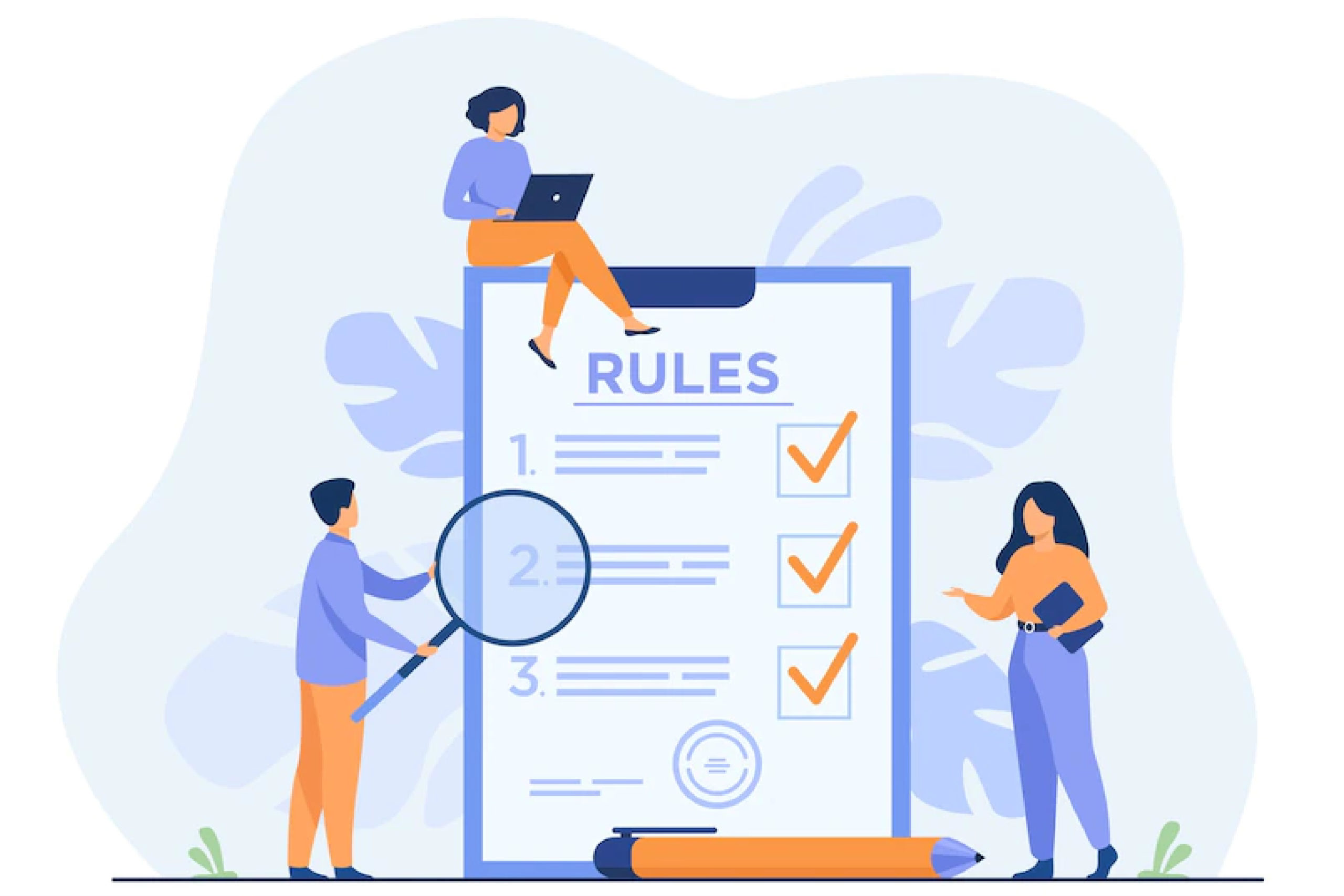
7 Grammar Rules You Need to Get a Higher IELTS Score
Here is some information about grammar for IELTS. The great syntax is viewed as one of the fundamental support points for a high IELTS score. Although the analysts don’t straightforwardly test the punctuation in this assessment, you will be shocked to realize that proper English with legitimate linguistic development is the best way to score high. The language will assist you with advancing in the four abilities to read, write, speak, and listen.
You will notice a massive change in your composition and talking sections, basically because this is where you will be effectively utilizing appropriate syntactic sentences to communicate your perspectives. Nonetheless, information on language structure will likewise help in understanding tuning in and perusing abilities as you will find out what others are expressing to you. In this article, we have picked a few critical guidelines to help you get a higher score on the IELTS test.
Basic Aspect
In IELTS talking segment task 1, you need to respond to every one of the inquiries yourself. It is crucial to utilize the proper perspective, action word, and tense in this way. If you discuss ordinary things in your day to day existence, you want to utilize the current straightforward. Nonetheless, to allude to any activity that isn’t highly durable and is occurring as of now while you are talking, then, at that point, the understudy ought to utilize present persistence. Likewise, you will require this language thumb rule to depict the patterns in the diagrams or charts.
Present Perfect and Simple past Verb Tenses
In the IELTS talking test portion, there are various subjects you need to discuss in the past. You want to choose if the activities are as yet applicable or affect the present or not. You will get additional time in the composing segment than talking, yet you will want to think quicker with this linguistic rule.
Inactive Voice
Understudies can involve the passive voice in both talking and composing errands in the IELTS test, explicitly while composing the reports where a more conventional tone is vital.
Modular Verbs
To plan for IELTS syntax, you will track down many modular action words by tuning in and perusing. If you can get their significance right, you will remain in an ideal situation to get the test right. For example, in talking abilities, you could carry them out in task 3 while examining different viewpoints to the inspector. Modular action words are principally used to communicate likelihood while talking dynamically and making speculations.
Distinct Article
Continuously pass on an extra minute in your IELTS test to edit your syntactic blunders if you have disarray in utilizing “the” attempt to involve it recorded as a hard copy first and read it without holding back, which will allow you to believe if you have any desire to utilize them. You can’t utilize The on the off chance that a thing or an individual isn’t explicit, indistinct, or new.
Correlation of the Adjectives
The understudy should frequently utilize a descriptive words to depict things or individuals. It likewise portrays that you remember a massive scope of jargon for the composition or talking fragments. You want to look at the descriptive words executing exemplifications and comparatives given what you are by and large attempting to say.
Normal Spelling Mistakes
The absolute most routine blunders that the understudies make in the IELTS test are as follows.
Adding ‘ly’ to the descriptors while transforming them into verb modifiers like wonderful into delightfully.
If an action word gets done with an ‘e’, it is dropped before adding ‘ed’ or ‘ing’ to the action words.
If the action word gets done with vowel+consonant letters, the last consonant should be multiplied by adding ‘ed’ or ‘ing’.
If the action word closes with – i.e., we can transform it to ‘ying’.
Last Thoughts
These are probably the most striking language decisions you want to consider to score a higher IELTS band. Further developing your linguistic level will make you more specific with your headway recorded as a hard copy, perusing, talking, and listening abilities.
Great language structure is vital. Therefore, to get a decent score in IELTS, you should zero in on utilizing proper English language structure rules.
The facts confirm that sentence structure in IELTS isn’t the main rule to score higher; however, it is fundamental.
Notably, in IELTS Writing and talking, you should utilize the correct sentence structure any other way. You will lose marks. Zero in on learning rules individually. Check the models out. Take a few activities.
Utilize various tenses to portray the circumstances
Please become familiar with the present, past, and future tenses and how they are utilized to portray what is happening.
It is vital to be aware and utilize the proper tenses to depict the circumstances. If not, there will be an incredible effect on the importance you genuinely plan to convey.
Following are the three unique tenses which convey various implications:
Present: I have my morning meal with Ms Sherry at 8 AM.
Past: I had my morning meal with Ms Sherry at 8 AM.
Future: I will have my morning meal with Ms Sherry at 8 AM.
Right Combination
It is trying to Combine contemplations with various tenses.
For instance
I haven’t taken my supper yet. I’m starving. (this is right)
I haven’t taken my supper yet; I was starving (mistaken/may look wrong).
I had not taken my supper at this point; I am famished now (looks improper/mistaken)
In this way, it is vital to figure out how to structure the sentences. You will know how to connect tenses with others in a sentence.
Try not to interpret your viewpoints in English
Try not to endeavour to interpret your viewpoints in English. It is generally great to think and compose or talk in English. However, interpreting from your local language to English might upset the construction of the sentence.
For instance
“Could you at any point help me in my work?”
The sentence given above is an Indianized variant of English which looks right, yet it isn’t. For example, the correct sentence could be: Can you assist me with my work?
Reason: Generally, with the action word: Help,” the relational word which follows is “with and not “in.”
Why don’t a few up-and-comers get a decent score in IELTS composing and talking? However, they compose or talk syntactically, right?
Utilization of various sentence structures is essential!
It would help if you were astonished to realize that many applicants compose and talk well. No syntactic mistakes. Yet, at the same time, they don’t figure out how to get a decent score. The justification for this, to some extent, lies in their utilization of an assortment of sentences. There is a famous saying which goes this way.” “Monotony wears on the soul is 100 per cent applicable to IELTS.
On the off chance that you compose without utilizing various types of sentences in your composing test, you may not get a decent score. You are expected to exhibit whatever number of designs as could be allowed. Likewise, you are expected to talk utilizing different designs in the talking test.



